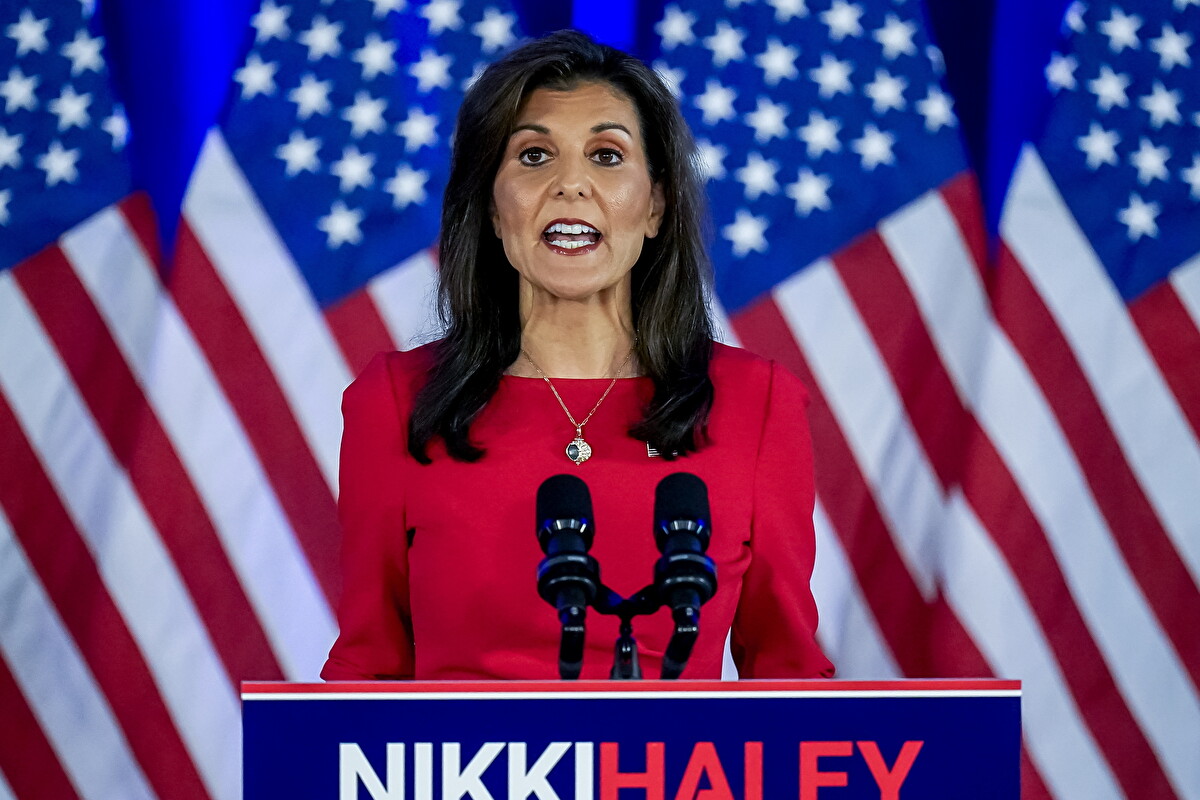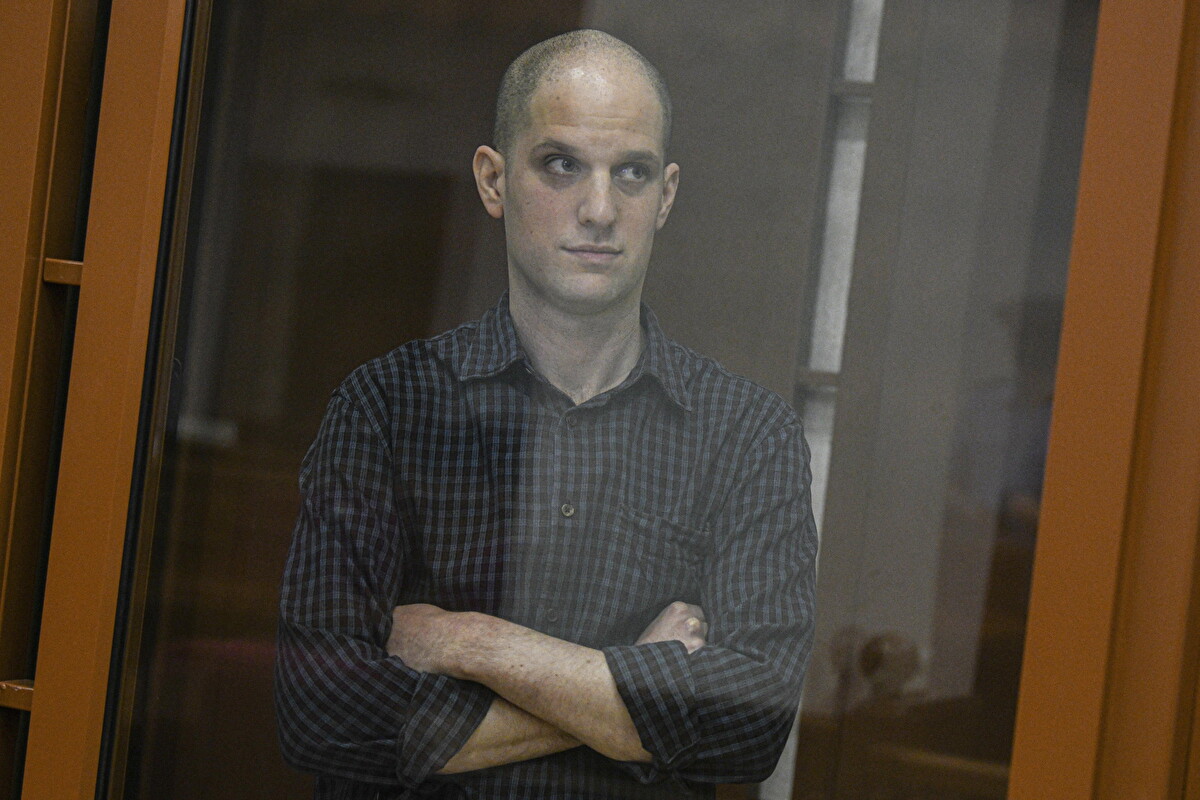Who is Usha Vance? This is a question that may be asked more frequently as the presidential campaign moves toward its climax in November and the public focuses more attention on the newly appointed vice-presidential candidate, J. D. Vance.
An accomplished American lawyer with a notable career of her own, she has only recently stepped into the political spotlight. Born Usha Chilukuri in San Diego County to Indian immigrants, she has built an impressive resume, including clerking for prominent federal judges like Chief Justice John Roberts and Judge Brett Kavanaugh.
Her educational background is equally impressive, with a summa cum laude degree in history from Yale University, a Master of Philosophy from Clare College, Cambridge, and a Juris Doctor from Yale Law School. Her recent introduction of her husband at the Republican National Convention was met with wide praise, but also with some muted reactions and unfortunate racist comments from certain quarters that already point to the core division existing within the GOP party and the country. If her husband is elected, Usha Vance would become the first woman of Indian descent to serve as Second Lady of the United States, marking a significant milestone in the nation’s history.
However, she would not be alone or the first, in the country’s political landscape to represent her Indian ethnicity.

Usha Vance, Nikki Haley, and Kamala Harris are part of the tapestry of shared Indian American roots. Usha Vance has her origins in the Indian community, specifically from the Telugu-speaking region. Nikki Haley, former governor of South Carolina and recent contender in the Republican primaries, and former ambassador, also shares this Indian American heritage, with her family hailing from Punjab. Kamala Harris, the Vice President of the United States, adds to this rich mosaic with her own Indian-Jamaican ancestry, her mother being born in India and her father in Jamaica.
These three influential figures, each with their own unique life stories and career paths, highlight the diverse and multifaceted nature of American society and are an embodiment of the cliched American Dream, but at the same time, the GOP’s frequent denigration of immigrants and people of color offer a puzzling contrast to their high profile in American politics. This inherent irony was already visible on the evening that Donald Trump nominated her husband as the vice presidential candidate and Usha took the stage to offer a more human portrait of her husband.

In her opening remark she alluded to the contradictions existing in this country, “That JD and I could meet at all, let alone fall in love and marry, is a testament to this great country” and she acknowledged that, “it’s hard to imagine a more powerful example of the American dream: A boy from Middletown, Ohio, raised by his grandmother through tough times chosen to help lead our country through some of its greatest challenges.”
Usha related that she and JD come from different backgrounds. She was raised in a middle-class neighborhood in San Diego by hard working parents who were immigrants from India, he came from the economically disadvantaged American Rust Belt. While her family is united and traditional, his was afflicted by poverty, addiction, and a scarcity of opportunity. She mentioned that JD adjusted to her vegetarian diet and even picked up the skill of making Indian food for her parents.
Yet, The Hindustani Times reported that she “faced massive flak” at the GOP Convention and that, “While she proudly spoke about her parents and upbringing, the crowd at RNC were holding placards featuring an immigrant-bashing message of “mass deportation”. When JD talked against “illegal aliens” entering the United States, attendees yelled “send them back”.
USA Today reports that, “some far-right personalities have circulated racist commentary denigrating her Indian heritage.”
If Donald Trump wins the election—as is becoming increasingly probable, Usha Vance, as Second Lady, may become at the same time a unifying force to represent America’s inclusivity and a lightning rod for the racist and anti-immigration splinter of the MAGA contingent that will have contributed to her political elevation.
Perhaps, as a best case scenario, drawing on her background, she will influence discussions on immigration, education, and the judiciary through her professional experiences and personal insights.












